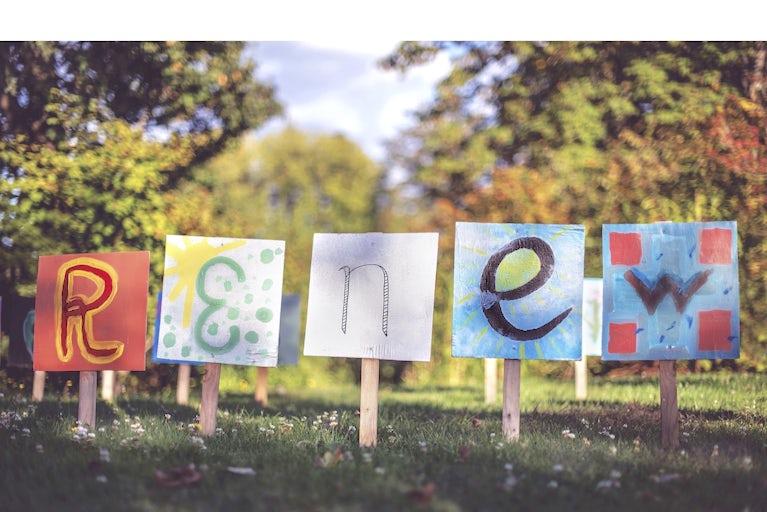There are loads of reasons to avoid chemical herbicides. They’re expensive. Unless they’re pre-mixed or pre-diluted, they can be confusing to use. Most importantly, they’re kind of scary.
Caution labels on chemical herbicide bottles read like an intro to a doomsday tale. Always wear protective gear, keep away from children and pets and avoid using herbicides on windy days or near water? Yikes. Slip up and you risk exposing loved ones, neighbors and yourself to glyphosates. That’s a big problem, because glyphosates have been found to cause cancer in humans and to threaten bees and other wildlife.
While scientists continue studying the effects of glyphosate-based weed killers, you may want to err on the side of caution and skip those chemicals entirely. The excellent news is that your yard and garden don’t need glyphosates to be bountiful and weed-free.
Here are three tricks to kill weeds without inadvertently killing anything (or anyone) else.

